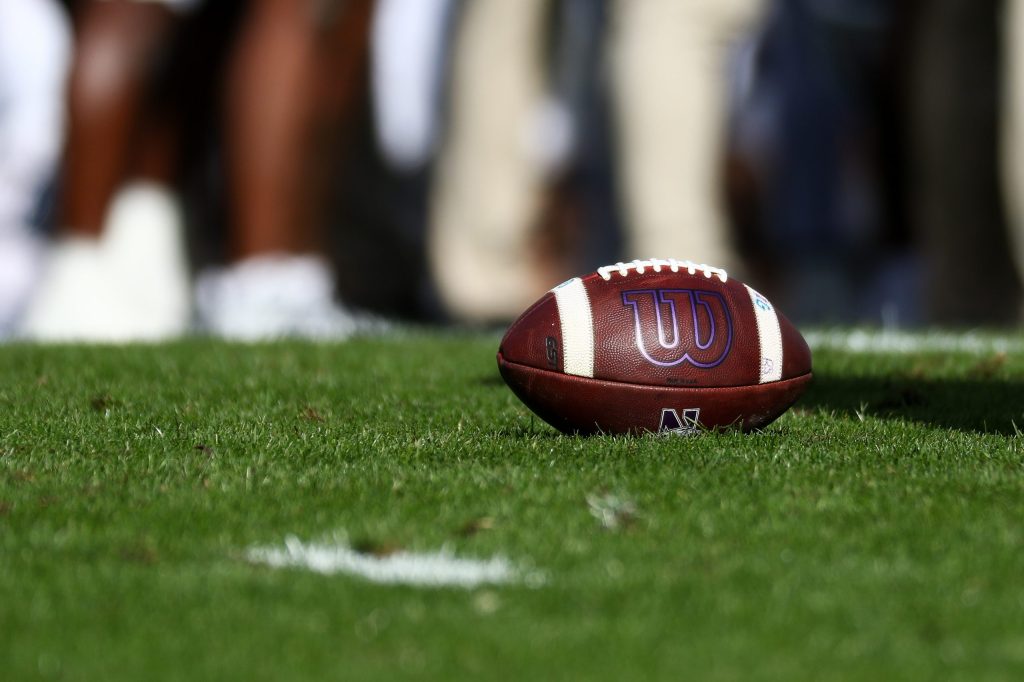ORANGEBURG, S.C. (AP) — A South Carolina jury has ruled that the NCAA is liable for $18 million in damages to former college football player Robert Geathers and his wife, Debra, following a civil trial that found the organization negligent in failing to warn Geathers about the risks and long-term effects of concussions.
Robert Geathers, 68, played as a defensive end at South Carolina State University from 1977 to 1980. The jury awarded him $10 million, while his wife received $8 million. The ruling came after Geathers was diagnosed with dementia several years ago, which has severely affected his ability to perform daily tasks such as dressing and preparing meals, as reported by The Times and Democrat newspaper.
During the trial, various physicians testified that Geathers exhibits symptoms of chronic traumatic encephalopathy (CTE), a degenerative brain disease commonly found in former football players who have experienced repeated head injuries. CTE can only be definitively diagnosed posthumously, yet the symptoms can manifest in various debilitating ways during a patient’s lifetime.
The Geathers' legal team argued that the trauma caused by the physical impacts Geathers endured during his college football career did not become evident until decades later. Attorney Bakari Sellers claimed that the NCAA had been aware of the risks associated with concussions since the 1930s but failed to communicate these risks to players and coaches at the time Geathers was active in the sport.
Sellers stated, “All of the information they knew, they withheld,” emphasizing that the NCAA had a duty to ensure the safety of the athletes. The jury concluded that the NCAA “unreasonably increased the risk of harm” from head impacts to Geathers, which exceeded the inherent risks involved in playing football. They also determined that the NCAA had voluntarily taken on the responsibility to protect Geathers’ health and safety but had negligently breached this duty.
Despite the verdict, NCAA spokesperson Greg Johnson expressed the organization’s disagreement with the jury's decision. Johnson indicated that the NCAA plans to pursue post-trial motions and appeals if necessary, claiming that they have been successful in similar jury trials across the country. He also stated that the team standards in place followed the knowledge available at the time and that college football did not directly cause Geathers’ ongoing health issues.
In court, NCAA attorney Andy Fletcher argued that Geathers suffers from several health issues that contribute to his dementia-like symptoms. Fletcher noted that head hits are an inherent part of football and cannot be completely eliminated from the game, asserting that the sport has been adapting rules based on the knowledge available to it and the voluntary contributions from member institutions.
The outcome of the trial has been seen as a significant moment for justice, with Robert Geathers' attorney, Bakari Sellers, expressing relief and happiness over the verdict. He noted the importance of the ruling, as it provided Debra Geathers with positive news to share with her husband. The case underscores ongoing concerns about player safety and the long-term impacts of concussions in contact sports, particularly in college athletics.










